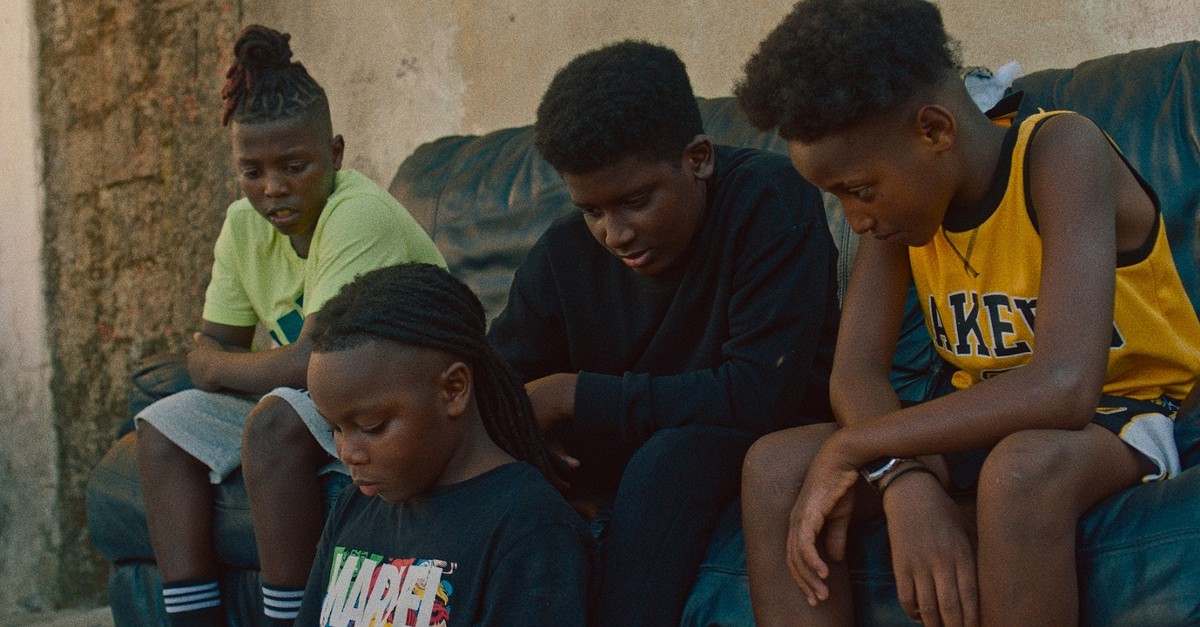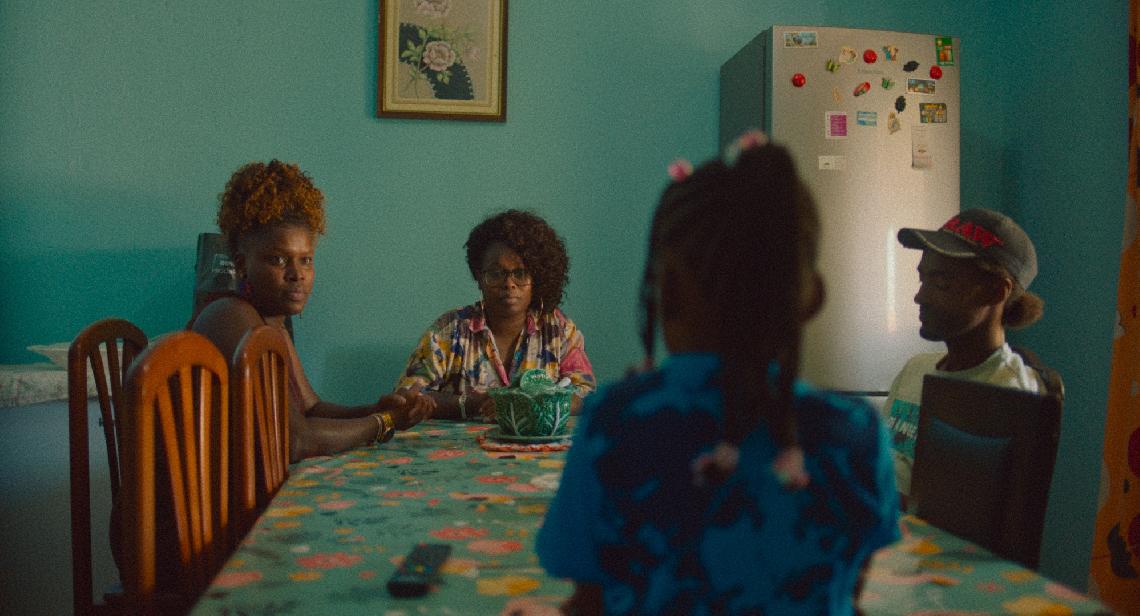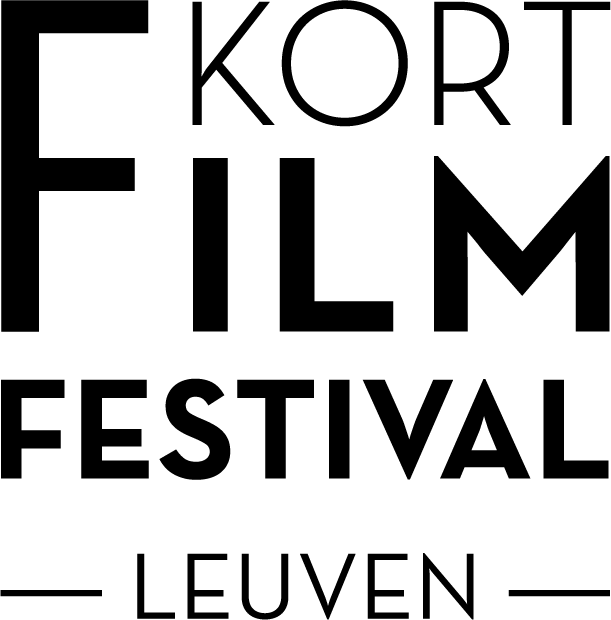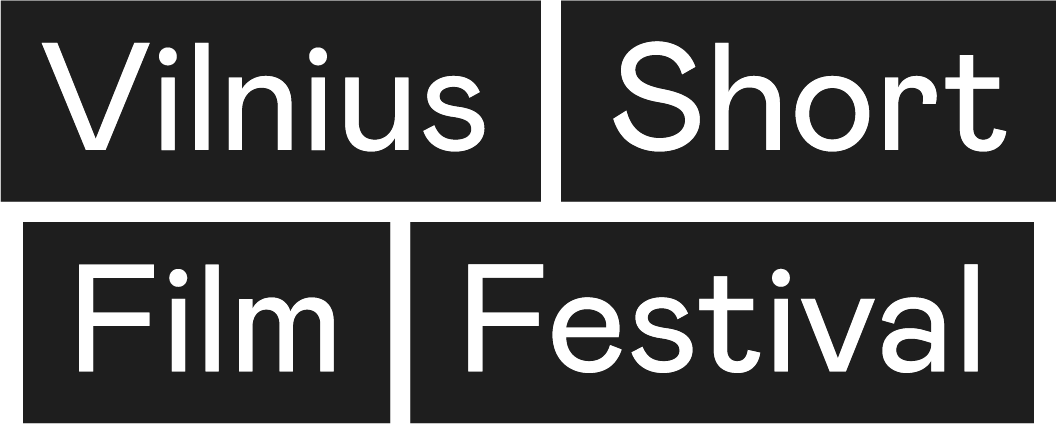Honouring a Place
Basil Da Cunha on 2720
Throughout multiple films, Basil Da Cunha has introduced a postcolonial orientation to filmmaking, in which the community he depicts is involved in telling its own stories and reclaiming its narratives.

Basil Da Cunha has made the Lisbon-outskirts bairro of Reboleira his backdrop, his subject, and his muse for a significant portion of his career: a total of five shorts and three features to date. Sitting on the very last stop on the city metro’s Blue Line, the bairro is also where the three-time Locarno alum and his family have called home since 2009. It’s impossible to deny that Reboleira and the surrounding area possess an air of infamy because of their perceived level of violence and dangerous activity. Yet through the years, Da Cunha has steadfastly cultivated a quiet counter-narrative that rejects the authoritative, nation-state-centred imposition around the “right” and “wrong” types of citizens.
The Swiss director with Portuguese roots smiles through his phone and apologises for not having good WiFi. Fittingly, he’s video-calling from Cape Verde, the Lusaphone African archipelago that much of the neighbourhood’s populace of multigenerational immigrants call their ancestral home. Da Cunha’s newest short, 2720—also set in Reboleira—has collected the FIPRESCI Prize at Oberhausen and won the Swiss Competition at Winterthur, yet the reason for this talk is Kortfilmfestival Leuven, where the short was screened in the European Competition. Beyond the awards, the film is a synecdoche for something greater, the breaking point of postcolonial spillover into the metropole, where the looming inevitability of gentrification turns Black locals into outlaws and wealthy white settler-colonists into coveted immigrants.
2720 is built on the careful entwinement of several commonplace scenarios, set in the aftermath of a police raid, which happens “many times in a week, or every day” in Reboleira, remarks Da Cunha. Seven-year-old Camila looks for her brother, whose DJ equipment was destroyed by the police the night before. Meanwhile, a charismatic young man named Jysone, recently released from prison, tries to find a ride to his first day of work at IKEA—man, can’t he catch a break? “These are situations that really happened,” says Da Cunha, whose friends and relatives, too, have had their homes raided and belongings smashed (including the boy’s DJ set, an actual incident). Even the actor who plays Jysone “really came out of jail a few months ago and works for IKEA,” just as his friends teased him about his new workplace in real life.
Da Cunha instils a playfulness to the mundanity—exactly how late will Jysone be on his first day?—where turning around the next corner means newfound possibility in every moment. With a rejection of the private comes an embrace of the public, he says, since “the way they built the houses and the way that people live together, everything is open.” By taking advantage of Reboleira’s natural architectural idiosyncrasy—that is, the neighbourhood used to be what international law calls informal settlements, although it was given legal status in 1991—Da Cunha showcases both the beautiful interdependence of a singular home and a collective community. Alleys lead to open doorways and residences connect in a labyrinthian locality whose secrets are only known by its inhabitants; only they are allowed such free movement. He adds: “You see what the neighbour is up to, when he’s talking with his wife at night, we hear everything that is good, that is bad—but that’s unique.”
Da Cunha’s approach can perhaps be described as a sort of postcolonial orientation to filmmaking, where the people themselves are involved in portraying their own stories and reclaiming their narratives. He estimates “20 or 30 big families, from the first generation” of Cape Verdeans who migrated to Portugal in the 1960s for work. He knows Reboleira and its fellow residents intimately, allowing his community-centric, solidarity-oriented filmmaking process to reflect a docu-fictional style: “The boys that are talking and drinking, they are always there. The people in the house, I know the best hour for them. So we don’t really have any organisation. I have it in my head. I explain how I want to shoot the sequence, and then I just make sure they are there at this time, but we didn’t have a rehearsal.”

2720 (Basil Da Cunha, 2023)
The feat is impressive considering how much planning would be required without the entire community’s trust. Da Cunha explains: “It’s not like everybody is your friend, but it’s impossible to not have food to eat, it’s impossible to be drunk and fall in the street and nobody to take you home.” He’s worked with multiple generations of Reboleira residents, both behind and in front of the camera, making this type of filmmaking possible “because the people already know the way we work.” He adds that “everybody helps. That’s possible because we’ve been there for many years. The entire community understands movies.”
2720 thus embodies the solidarity omnipresent throughout Da Cunha’s oeuvre in both content and process, subject and object. The film’s most striking cinematographic feature is the usage of several seamless long takes to make up its nearly 30-minute runtime. With the community’s help, the director could shoot the film in just two days with five or six takes per sequence, the camera navigating the maze-like streets in a rather casual manner. In his previous films, Da Cunha typically utilised a 50mm lens. In 2720, he—together with cinematographer Vasco Viana—frames his characters more tightly, weaving the neighbourhood’s alleys together and snaking in and out of doorways with apparent ease.
“It was the best way for me to enter the houses and show all of the streets that are still there, because half of the neighbourhood is already destroyed,” he admits. Additionally, the director reveals a more unpropitious angle to the importance of his short, which presents “a big problem.” “In the last ten years, Lisbon has been colonised by tourism and people from England, France, and so on. The price of houses in the centre has gone up a lot, so most of the people, especially the white Portuguese, come to the place where we live.” Locals then are thus coerced to either take “three or four thousand euros” and leave, or be removed forcibly without any compensation via this long arm of gentrification. “The idea is to make new houses to put the locals far away, because they don’t want them to be seen.” He ponders the irony of such a violent act of displacement, the forced disappearance of a community. “Many people, including white Portuguese people, are also sleeping in the streets in Lisbon. So it’s strange to destroy a place with such organisation and solidarity.”
The film is Da Cunha’s act of reverence during its curtain call. “It was a way to…we say, ‘Por a Reboleira no mapa’—it means, ‘to honour this place’.” Just as the neighbourhood is on the precipice of being erased altogether, to “put Reboleira on the map” is an act of glorious defiance of maps being the original colonial object; of cartography as a tool of empires. The short film’s title undeniably evokes a sense of future-thinking, a heterotopic space of utopic solidarity between the police sirens and the darker undertones of a Portugal that betrays its violent history. In fact, 2720 is also the postal code of Reboleira.
However, this temporally disruptive impetus permeates the filmmaker’s oeuvre. His next feature, O Jacaré (The Alligator), is a film that Da Cunha says will include all of his characters throughout the years. It will feature “all the generations. It’s our last movie there, so I wanted to put everybody in it.” The end of this sentence is tinged with a sombre note. Forgoing a colonial construct of linear time, it will instead come full circle, allowing all characters to coexist. After all, what is cinema, if not a realm in which to imagine radical and alternative futures? As Reboleira ceases to exist in “reality”, maybe there is one future where Reboleira still lives on, in memories and archives, with countless future generations of residents. Or maybe it’s where the scariest thing that can happen is having to work at IKEA.
This text was developed during the European Workshop for Film Criticism #3—a tandem workshop set during Kortfilmfestival Leuven and Vilnius International Short Film Festival—and edited by tutor Savina Petkova.
The European Workshop for Film Criticism is a collaboration of the European Network for Film Discourse (The END) and Talking Shorts, with the support of the Creative Europe MEDIA programme.





